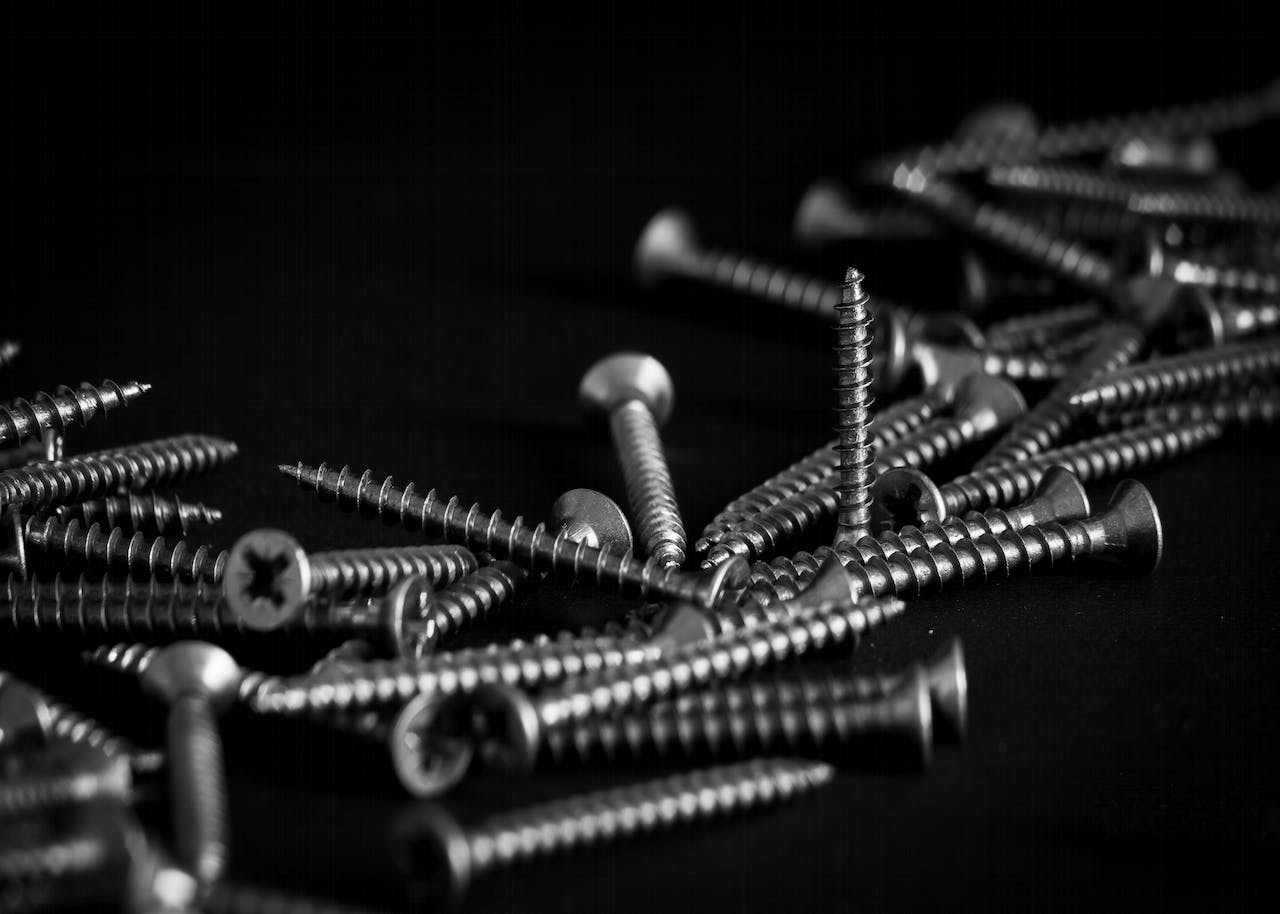Areas like Miami-Dade County, have specific guidelines in place to determine the number of screws required per roofing panel. In this blog, we will delve into these regulations to help roofing professionals and contractors ensure compliance while delivering durable and secure roofing systems.

Florida Building Code Requirements:
The Florida Building Code outlines certain guidelines that dictate the minimum number of screws required per roofing panel. These requirements are designed to withstand the region's unique weather conditions, including strong winds and heavy rainfall.
Miami-Dade County, known for its strict building codes due to its vulnerability to hurricanes and tropical storms, has even more stringent regulations in place. Roofing systems must be built to withstand extreme weather events to ensure the safety of occupants and the longevity of the structure. As such, Miami-Dade often requires a higher number of screws per panel compared to the state's general guidelines. This could range from X+2 to X+4 screws per panel, depending on factors like panel exposure and intended use.
Factors Influencing Screw Requirements
Panel Type: Different roofing panels have varying load-bearing capacities and wind resistance. Thus, the number of screws needed will vary between metal, stone-coated steel, or other roofing panel types.
Wind Zone: Florida is divided into wind zones, each with its specific requirements for screw spacing. Higher wind zones demand more secure fastening to ensure panels stay intact during storms.
Building Height: Taller buildings experience higher wind pressures. Consequently, they might require more screws per panel to prevent detachment during strong winds.
Exposure: Roofs facing open areas or water bodies might be subject to higher wind pressures, necessitating additional fasteners.
Benefits of Adhering to Regulations
Safety: Following these regulations guarantees the safety of occupants and the structural integrity of the building during severe weather events.
Longevity: Properly secured panels withstand weathering better, leading to a longer-lasting roofing system.
Insurance and Compliance: Many insurance policies require compliance with local codes. Failure to adhere could lead to coverage issues.
Understanding the number of screws required per panel in accordance with the Florida Building Code and Miami-Dade regulations is crucial for any roofing professional or contractor. By following these guidelines, you ensure not only compliance but also the safety and longevity of the roofing system. Always remember that these requirements might change based on factors such as panel type, wind zone, and exposure, so consulting with local authorities and experts is recommended before commencing any roofing project.


